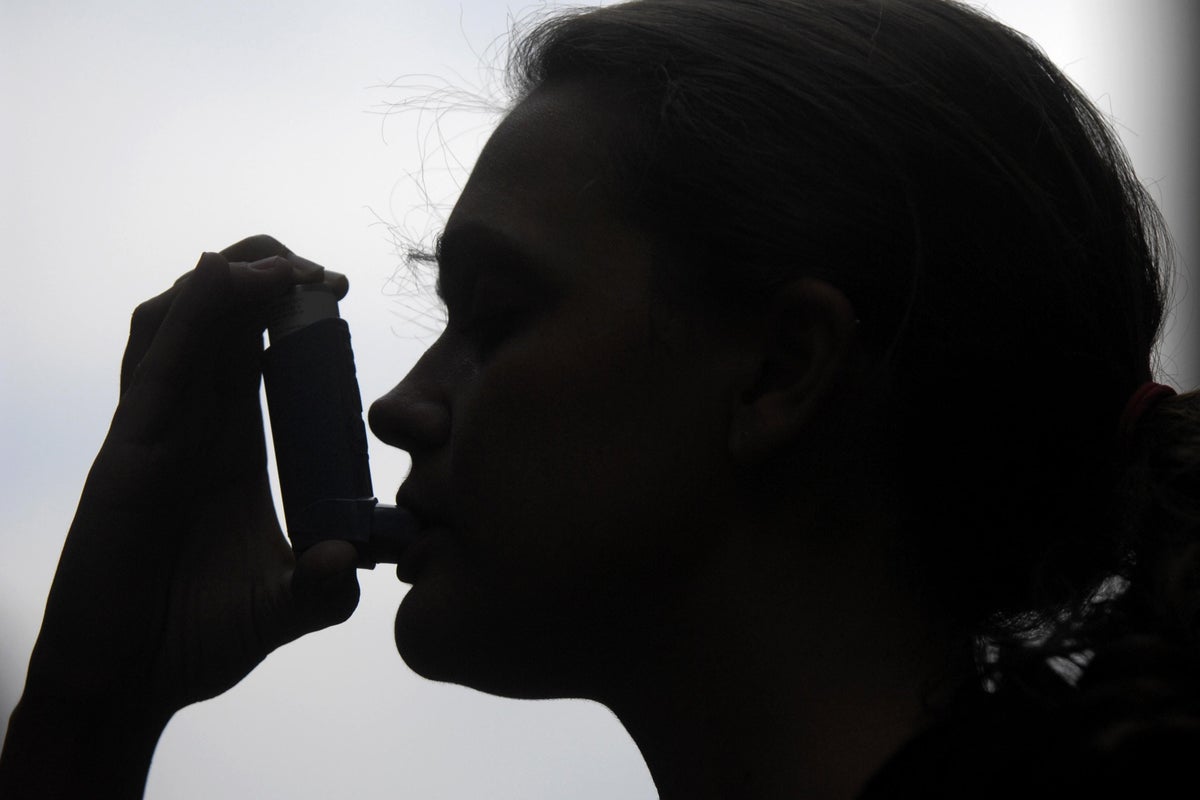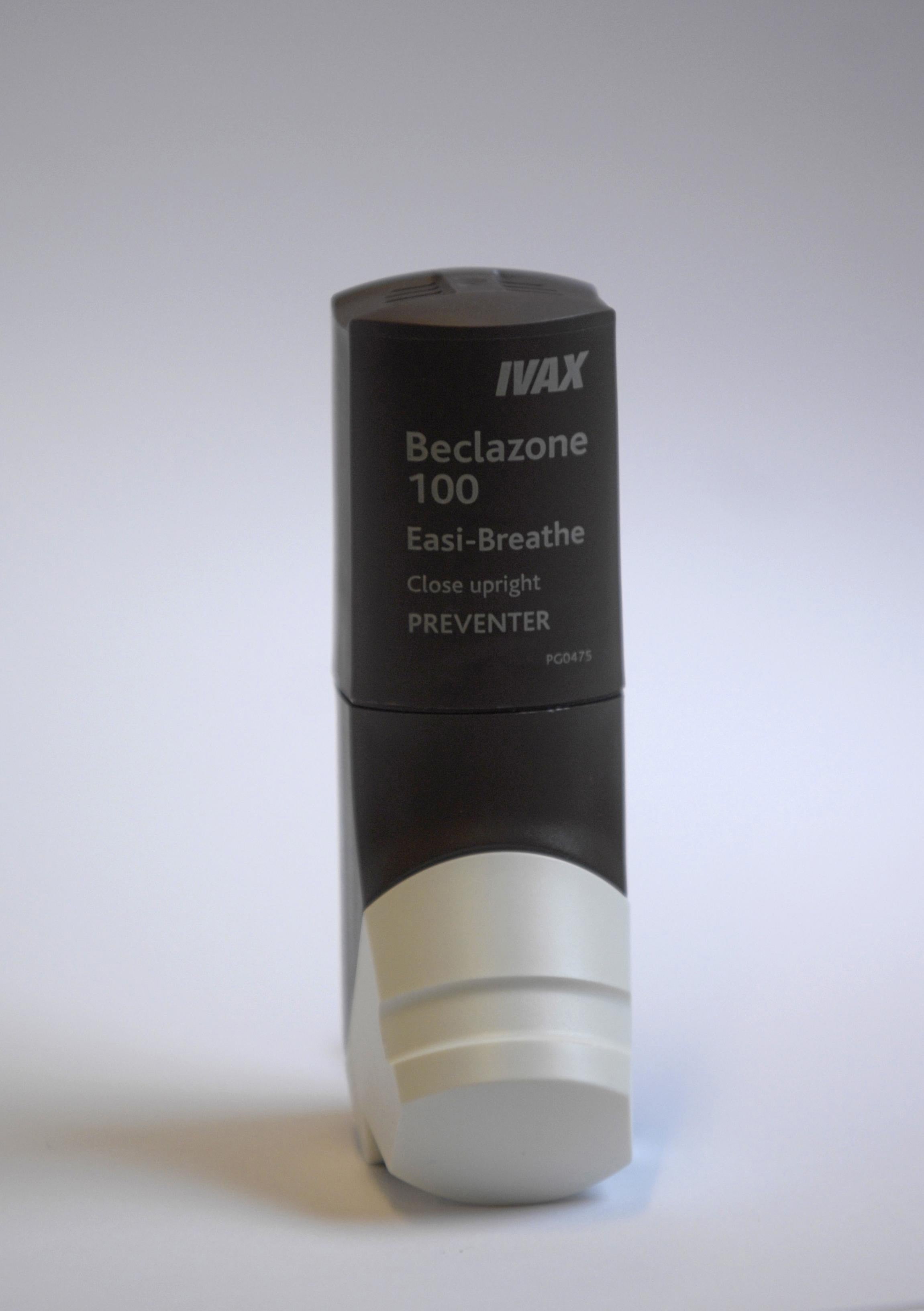
A mid-afternoon puff of a preventer inhaler could be the best way for a person with asthma to keep their symptoms under control, according to a new study.
Academics, led by experts from the University of Manchester, found that if a person with asthma takes their brown inhaler between 3pm and 4pm they may see symptoms improve.
Experts said their study, published in the journal Thorax, is the first to show the importance of co-ordinating asthma treatment with a person’s body clock – also known as circadian rhythms.
Researchers examined 21 patients with asthma who were asked to take their medication in a different way.
Once they had completed a week of one treatment pattern they then switched to another until they had all completed each of the three treatment patterns.
These treatment patterns included a once-daily dose of 400mg between 8am and 9am, a once-daily dose between 3pm and 4pm, with the final group taking half the dose between 8am and 9am and a second half dose between 8pm and 9pm – the “usual” pattern of dosing in the UK.
They each had a two-week “washout” period between each dosing regime.
While the research team found all regimes appeared to improve asthma control, the once-daily afternoon dose appeared to improve night-time lung function and those on this regime appeared to have better blood eosinophil counts – a key biomarker for airway inflammation.

“Mid-afternoon dosing of inhaled beclomethasone may lead to better clinical outcomes without increasing steroid-related morbidity or costs,” they said.
Experts called for further larger trials to confirm the findings.
Study lead Dr Hannah Durrington, from the University of Manchester and Manchester University NHS Foundation Trust, said: “Up to three-quarters of patients experience worsening symptoms overnight and up to 80% of fatal asthma attacks occur at night.
“This study shows that aligning the timing of beclomethasone – ‘the brown inhaler’, a commonly taken asthma treatment – with the body clock could have significant impacts on treatment outcomes.
“And this occurred without any of the associated adverse effects or costs of taking higher doses of steroids.
“Our findings warrant further validation in a larger clinical trial to establish clinical feasibility in a real-life setting and to evaluate the health and economic impacts.”
Commenting on the study, Dr Erika Kennington, head of research and innovation at Asthma and Lung UK, said: “A brilliantly simple piece of respiratory research shows that altering the time of day you take your preventer inhaler dose may have a huge impact on your medication’s effectiveness.
“It’s incredible to think that something so easy as switching the timing of your inhaler dose to the afternoon, has the potential to improve your symptoms and ultimately could save your life.
“Inhaler medication is vital to keep your asthma under control.
“It’s easy to forget that asthma attacks can be fatal and require daily management in the form of inhalers to stay healthy.”
Hypnotherapy ‘best treatment’ for common childhood ailment
The Latest: Trump administration freezes more than $2.2 billion in grants to Harvard University
As Trump considers auto tariffs pause, parts exemptions could be key for US industry
A look at ER boarding in the US from the AP and Side Effects Public Media
These health tweaks could help you live longer — without a ton of exercise
‘Many cancers could occur’ if CT scan practices don’t change: docs







